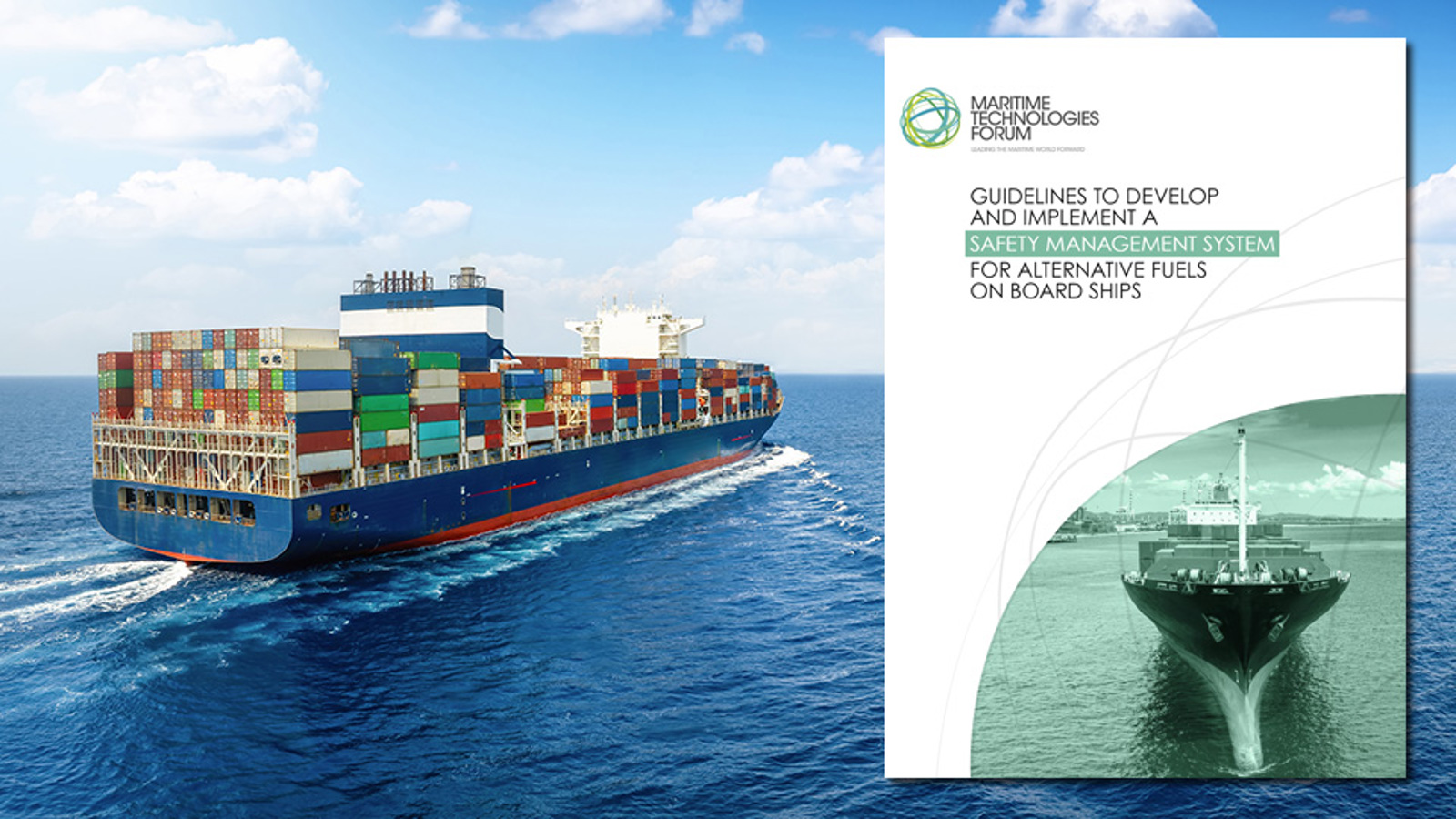Proposed guidelines can be used to develop new or strengthen existing SMS
Companies are recommended to use this guideline to develop new SMS and/or strengthen their existing SMS for alternative fuels on board their fleet. The guidelines can be used in addition to other similar existing and/or upcoming guidelines (of which some are already referenced within the document) to ensure a safe application of alternative fuels on board ships.
Experience from operating with alternative fuels will initially be limited
It is recognised that the prospective alternative fuels considered in the maritime industry possess elevated operational and environmental risks relative to fossil fuels. The inherent risks of a specific alternative fuel are a function of its characteristics, while additional risks can emerge with the interactions of the fuel with the operational environment. It should be recognised that the lack of data from the operational experience of equipment operating with alternative fuels will be a gap that will exist in the initial stages of deployment of alternative fuels.
SMS should learn from hazardous occurrences and accidents with alternative fuels
The application of a structured risk management within the SMS would be beneficial to strengthen the system in managing anticipated risks including risks from the deployment of alternative fuels. The strength of the company’s SMS should be in the ability to proactively identify improvements in the SMS through learning from non-conformities, accidents, and hazardous occurrences (including near misses) related to alternative fuels and facilitate the closing of the gaps. Furthermore, and until operational experience is gained within each organisation, the SMS can be improved based on learnings from additional sources of information, including risk evaluations from the design or retrofit stage, and learnings from other companies or pilots.
SMS should be versatile to accommodate mixed fuel operations
In the initial stages, with the fuel-mix on board still including fossil fuels along with alternative fuels, the SMS should be versatile enough to meet the fuel scenarios as alternative fuels are progressively scaled and eventually becoming mainstream.
Training and familiarisation are critical to ensure safe operations with alternative fuels
The safe operations with alternative fuels will require an assessment of the competency, training, familiarisation and resources relevant to the specific alternative fuels. The human element in the operations associated with the handling, storage and utilisation of alternative fuels is critical, and should be considered to ensure safe operations.
Maritime Technologies Forum
The guidelines were developed together with the Maritime Technologies Forum (MTF) which is a group of flag States and classification societies which aims to bridge the gap between technological progress and regulatory process. MTF’s relevant recent study identified three potential gaps within the implementation of the international safety management (ISM) code in relation to the application of alternative fuels on board ships. Consequently, MTF took an initiative to develop guidelines for use by industry as a first step to close previously identified gaps to contribute accelerating the maritime industry’s safe decarbonisation.

